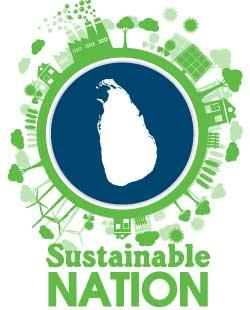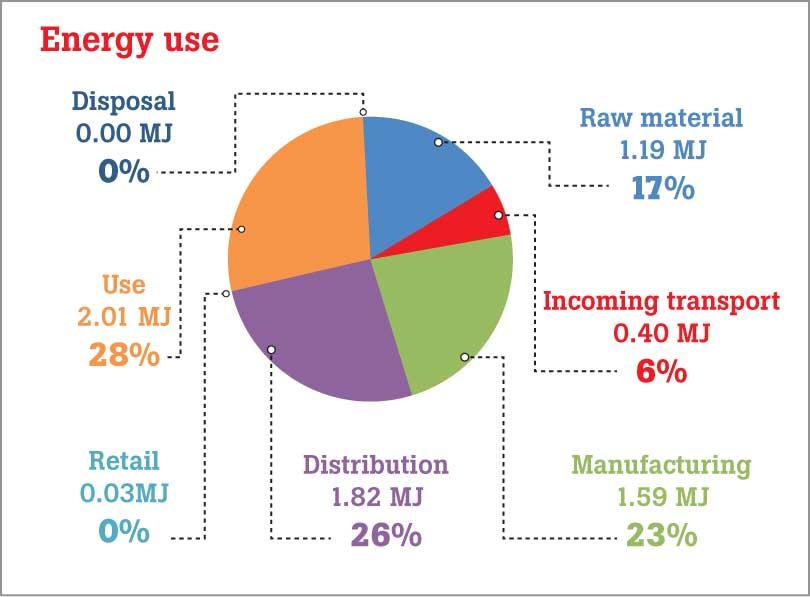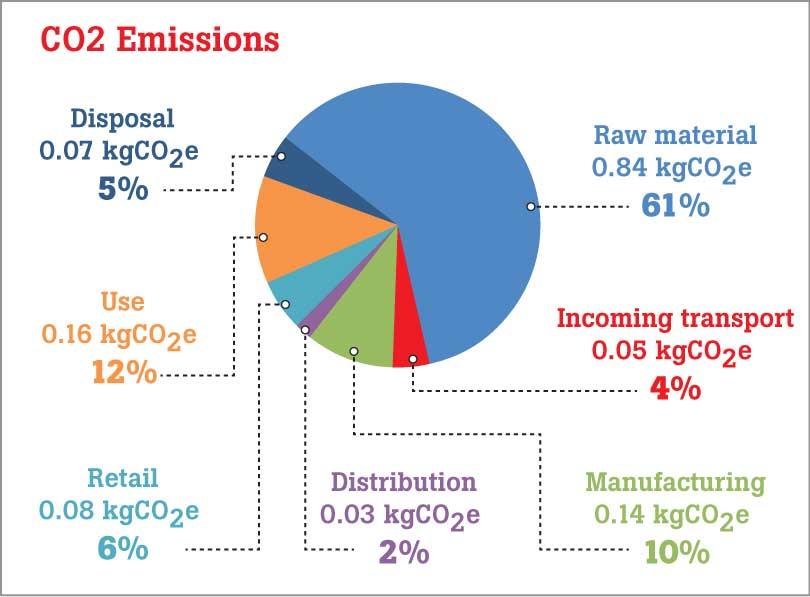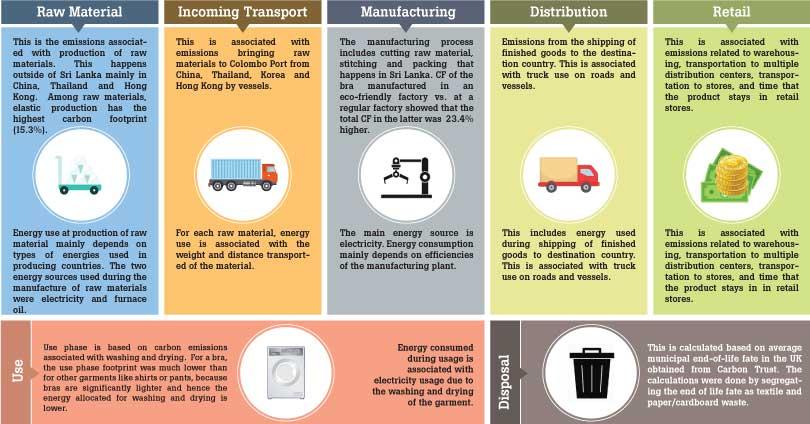14 Aug 2019 - {{hitsCtrl.values.hits}}
 The apparel industry in Sri Lanka is –historically- a recent addition to the economy of the country, first showing significant growth in the 1980s and then grew much more significantly under the Multi Fibre Agreement that brought about quota restrictions to stimulate and rationalise the apparel industry throughout the world.
The apparel industry in Sri Lanka is –historically- a recent addition to the economy of the country, first showing significant growth in the 1980s and then grew much more significantly under the Multi Fibre Agreement that brought about quota restrictions to stimulate and rationalise the apparel industry throughout the world.
The apparel industry is now the single leading export accounting for 40 per cent of total exports out of the country whilst also providing around 33 per cent of the employment in the Manufacturing Sector (EDB, 2017).
 With a contribution of over 6 per cent to the Gross Domestic Product (GDP) of Sri Lanka, it has become a vital segment of the national economy.
With a contribution of over 6 per cent to the Gross Domestic Product (GDP) of Sri Lanka, it has become a vital segment of the national economy.
With the primary focus of the apparel industry being manufacturing, the general impacts on the environment that result from the manufacturing processes become a highlight to those interested in environmental conservation.
As per the study* (M. Munasinghe et al. 2016) on which this piece is based, attention must be spent on understanding the impacts of the entire life cycle of the product.
By looking at the carbon emissions as well as the energy consumed throughout the life of the product, it is possible for manufacturers to understand where they need to focus on to reduce their impact on the environment and thus fulfil their responsibility towards the environment. It also gives a glimpse into the responsibility of the consumer during both the “Use” and “Disposal” phases to ensure minimum impact on the environment.
The carbon footprint of the garment studied (the most common design bra produced at this particular production plant) is 1.37 kgCO2e which translates to roughly the same carbon footprint of an average passenger car being driven 3.4 miles.
The total energy consumed over the lifetime of the bra is 7.05MJ which is the energy usage of the same car being driven 3.6 miles.
With millions of these garments sold per year, it is vital that manufacturers and consumers both pay attention to the environmental impacts of the apparel industry and work on reducing its
environmental footprint.
*M. Munasinghe et al.
“Supply/value chain analysis of carbon and energy footprint of garment manufacturing in Sri Lanka” 2016.



28 Dec 2024 8 hours ago
28 Dec 2024 9 hours ago
28 Dec 2024 28 Dec 2024
28 Dec 2024 28 Dec 2024
28 Dec 2024 28 Dec 2024